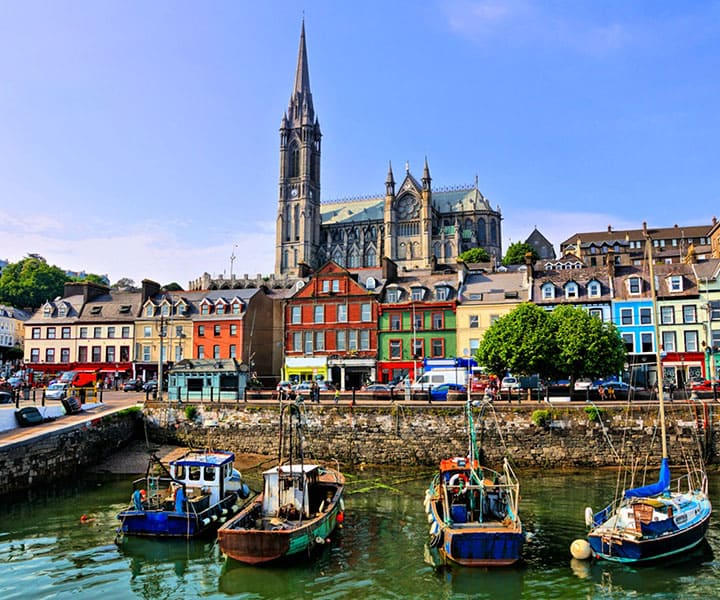Application Process
The Application Form, as well as all supporting documents, should be completed with your submission. All the original documents submitted should be in English, and any translations of the original documents must be accompanied by a notarized translated version of the original documents. All documents must be legible to be considered valid. The Visa Officer will need to quickly identify what they are and who they will be referring them to.
Step 1: Properly filled application form
Step 2: For Undergraduate progammes – Photocopies of the mark sheets and certificates, 10th matrics onwards that the notary attests
Step 3: For Post-graduate programmes – Photocopies of the degree along with the mark sheet of the entire course
Step 4: 4 Passport size photographs
Step 5: Experience certificate needed
Step 6: Language proficiency test certificate required


